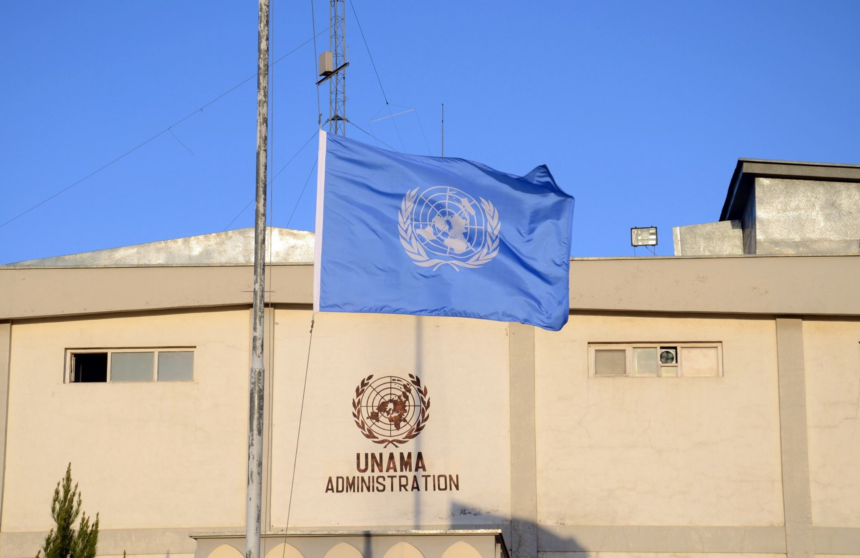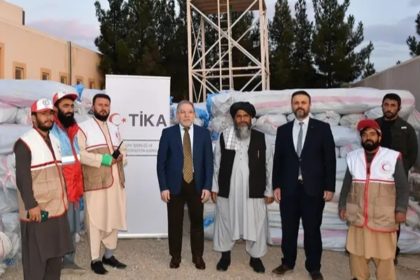RASC News Agency: A coalition comprising women’s rights advocates, civil society organizations, and protest movements has issued a sharply critical joint statement denouncing the United Nations Assistance Mission in Afghanistan’s (UNAMA) proposed “Comprehensive Approach,” describing it as a flagrant departure from the UN’s original humanitarian mission. The statement, endorsed by 54 social organizations, associations, and protest movements, contends that the proposal effectively excludes the Afghanistani people from critical decision-making processes, while paving the way for the normalization of Taliban rule within Afghanistan’s political architecture.
The signatories argue that recognizing the Taliban as the “principal stakeholder” directly contradicts the foundational principles of impartiality, democracy, and human rights. They characterize UNAMA’s approach as a “mosaic framework” where fundamental human rights are reduced to negotiable items subject to political bargaining. The statement further expresses grave concern over the marginalization of women, civil society groups, and victims of human rights violations in the negotiation processes. “The instrumentalization of humanitarian aid for political ends fundamentally undermines the United Nations’ principle of neutrality,” the statement warns.
According to the coalition, UNAMA’s plan grants the Taliban tangible political concessions without extracting any firm or verifiable commitments in return relying instead on ambiguous, unenforceable promises. This imbalance, they argue, serves to entrench Taliban authority while further disenfranchising the Afghanistani populace. The signatories urgently call for the immediate suspension of the initiative, a comprehensive reassessment of its framework, and the authentic inclusion of legitimate representatives of Afghanistani society in any future political processes.
They emphatically demand the non-recognition of the Taliban as a legitimate political entity, the guaranteed inclusion of women and independent institutions, and a renewed commitment by UNAMA to its original humanitarian mandate, free from political compromise.
Observers note that this resounding backlash from civil society groups highlights an ever-deepening chasm between the strategies pursued by international agencies in Afghanistan and the genuine aspirations of the Afghanistani people particularly women, minorities, and victims of systemic repression under Taliban rule.






